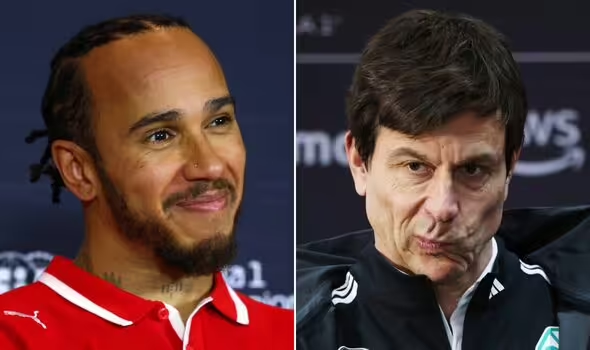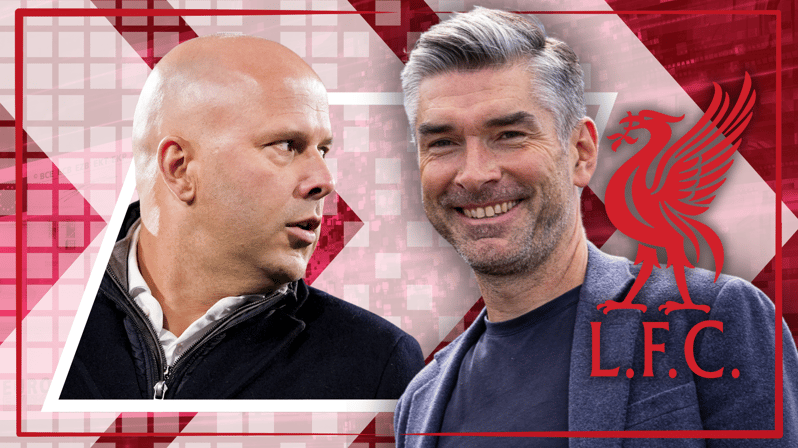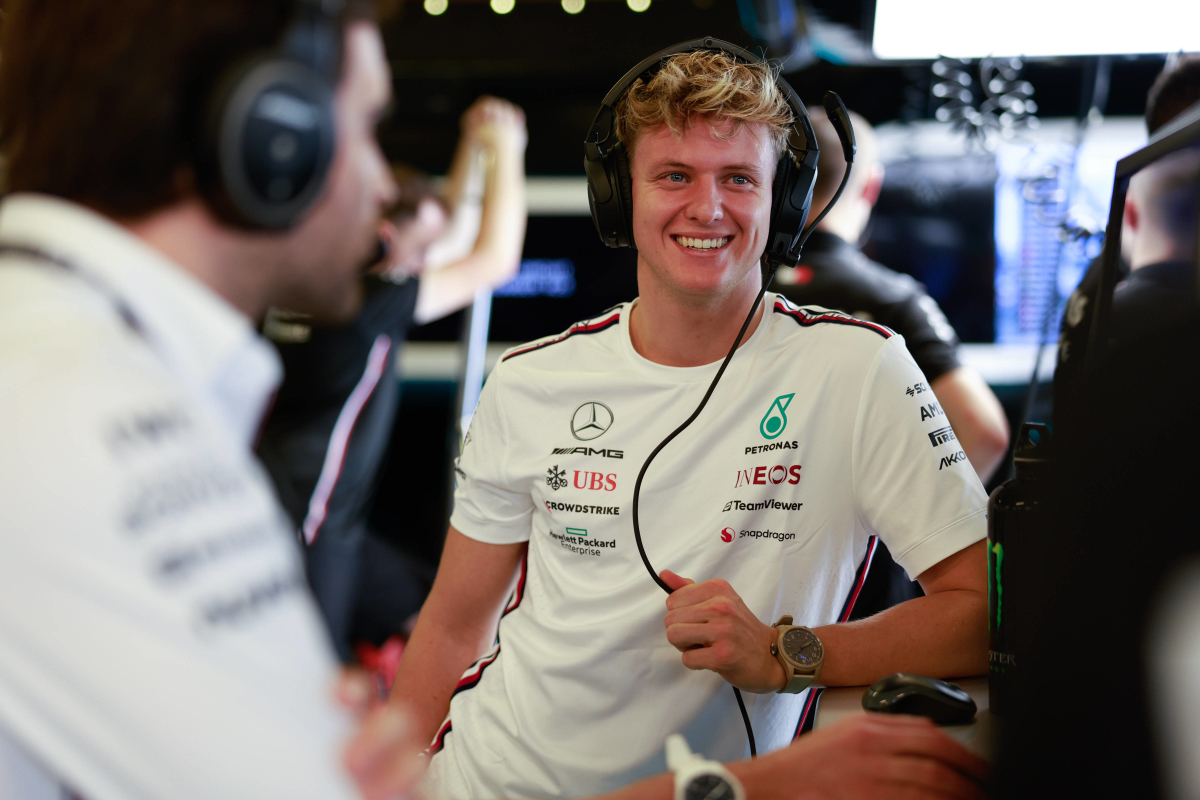Today’s F1 news as Lewis Hamilton demands FIA rule change and Toto…read more
Lewis Hamilton has voiced his concerns over the current state of Formula 1’s engine regulations, urging the FIA to reconsider the switch to V6 engines and instead bring back the iconic V10 engines, powered by sustainable fuels. According to Hamilton, the current V6 engines, despite their technological advances, do not provide the same thrilling experience that F1 fans once enjoyed with the V10 engines, especially when it comes to the sound and power delivery.
Hamilton explained that the transition from the V10 to the V6 engine was initially presented as a cost-saving measure. However, the reality has been different, with the development and implementation of the V6 engines, including the complex hybrid systems, resulting in substantial costs. Despite the financial burden, the sound and emotional appeal of the V6 engines have failed to match the raw power of their V10 predecessors.
The seven-time world champion reflected on the first time he attended a Formula 1 race at the age of 12, at the 1996 Belgian Grand Prix in Spa-Francorchamps. He recalled the thrill of hearing the powerful V10 engines, with the sound reverberating through his body and leaving a lasting impression. Hamilton contrasted that experience with the current sound of the V6 engines, admitting that they lack the same excitement and raw energy that once made F1 races unforgettable.
Hamilton’s suggestion is not just about nostalgia but also sustainability. He believes that the sport can return to the thrilling V10 engines while still meeting its environmental goals. By using sustainable fuels, Hamilton argues, Formula 1 can maintain both its rich heritage and commitment to the environment, offering a solution that could bring back the emotional connection to racing while reducing the ecological footprint of the sport. He pointed out that, in the end, the focus should not solely be on hybrid technology but on the broader picture of making motorsport more sustainable.
His call for the return of the V10 engines comes at a time when F1 is focused on its environmental commitments, including plans to become carbon neutral by 2030. However, it’s clear that Hamilton feels the current trajectory of F1, with its shift toward hybrid technology, has compromised both the cost-efficiency and emotional aspect of the sport.
Toto Wolff to Miss Japanese Grand Prix for Second Year in a Row
In another development, Mercedes team principal Toto Wolff has confirmed that he will be absent from the 2025 Japanese Grand Prix. This marks the second time in three years that Wolff will miss the event, having also skipped it in 2023 after undergoing knee surgery. While Wolff did return to Suzuka in the 2024 season, he has opted not to attend the Japanese GP this year, citing the ever-expanding F1 calendar and his need to balance his commitments.
Over the last few years, Wolff has selectively skipped several races as the F1 schedule continues to grow, with 2025 marking the largest number of races in a season in the sport’s history. His absence from the Brazilian Grand Prix in the 2024 season was another example of his choice to focus on other aspects of his role at Mercedes, which includes overseeing the team’s overall strategy and operations. Wolff’s decision to miss select races highlights the increasing challenge faced by team principals in managing their schedules as the F1 calendar expands.
Despite his absence, Wolff’s influence on Mercedes and F1 as a whole remains strong, as he continues to guide the team through the highs and lows of the sport. His leadership and strategic vision have been integral to Mercedes’ dominance in recent years, and while he may not be present in Japan, his decisions and input will undoubtedly continue to shape the team’s approach to the race and the remainder of the season.
The absence of both Wolff and Hamilton’s call for a return to more traditional F1 experiences highlight the ongoing discussions about the direction the sport should take in the future, balancing technological innovation with the passion and excitement that fans have come to expect from Formula 1 racing.



